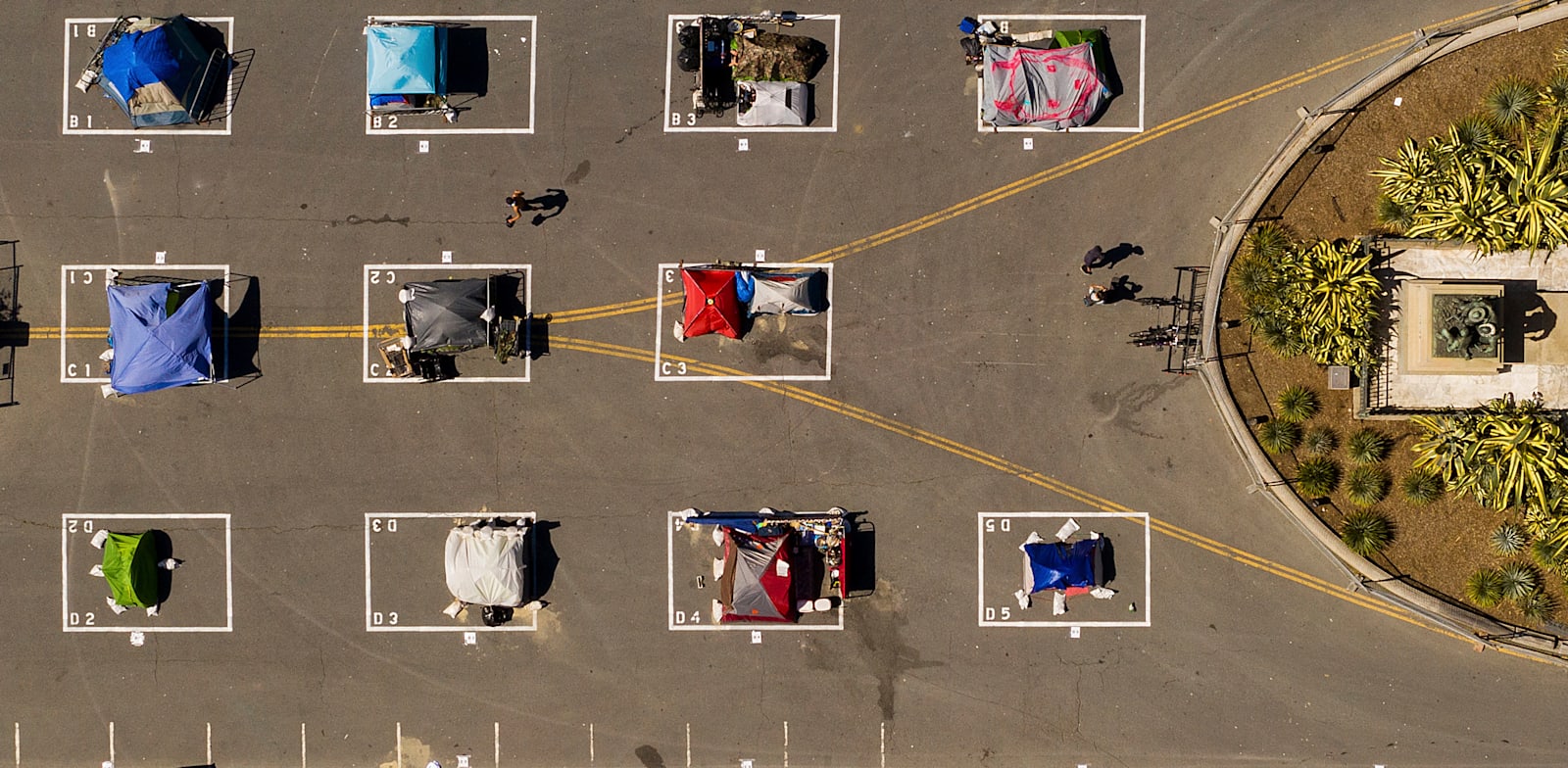When the San Francisco Association began a pilot of universal basic income in February last year, giving a small group of homeless people $ 500 a month for six months, they did not expect that money to lead them to find housing in the city, where the average rent for a room above 3,000 Dollars a month. But today, six months after the experiment ended, more than two-thirds of those homeless people have managed to get by and no longer live on the street.
Pilots of universal basic income are growing rapidly. In Vancouver, Canada, for example, a group of homeless people recently received $ 7,000 in cash. Several cities, from Newark, New Jersey to Chicago, are considering a similar approach of providing direct cash grants to people living below the poverty line.
The San Francisco Association, Miracle Messages, which connects volunteers and street children, decided to conduct the experiment after the association’s volunteers repeatedly said in their conversations that the lives of homeless people with whom they were in contact could change significantly for the better if they received small sums of money. The association decided to try to do an experiment like in Vancouver. For this purpose, the association raised about $ 50,000 for the pilot – an amount that was enough for $ 500 per month for 15 people for six months.
The experiment was not open to everyone. The members of the association selected the participants according to a number of criteria, including how long they have lived as homeless people, ethnic diversity, drug use and more. Homeless people who used drugs, were in the early stages of the rehab process were not eligible to participate in the program.
College tuition and guide dogs
The association estimates that the money will help reduce stress in the lives of street children, improve the food they eat, purchase necessary medications or medical devices and more. The only restriction imposed on the participants was that they were not allowed to spend the money on drugs or any illegal activity.
Most participants spent the money on essential things like food, medicine and transportation but there were other interesting uses as well: another person helped his daughter pay for college tuition; Two people chose to adopt guide dogs that helped them deal with anxiety and mental attacks; Some others used the money to help their family members; One of the housewives, used every month some of the money to buy food she distributed to the children in the neighborhood, who did not have enough food; Another person used the money to buy new clothes so he could go to a job interview and then also to the job he was hired for. The same person also used some of the money for fuel that allowed him to get to work in the car; Another street dweller who was on the verge of blindness decided to enrich his mind by purchasing recorded books with the money he received; There was even a case of Homeless donating some of the money back to the charity.
In one case, a woman who lost her livelihood due to cancer treatment did not meet the criteria for adult housing because she did not have a fixed income. The small $ 500 increase from the regular income pilot was enough for her to meet the criteria and enter the nursing home; One person used the money to move to another country where he was able to find an apartment together with a partner.
Tensions and fears for the future have dropped
In monthly interviews and questionnaires conducted during the experiment, participants talked about how they used funds and answered a long list of questions about things like how long they felt anxious and how long they feared their food would run out before they could buy more. About 77% of participants said that the level of psychological stress they had dropped after they started receiving their regular income; Everyone said they felt more confident financially.
One of the most surprising fruits of the program was as mentioned the housing issue. The association says that no one there dreamed or imagined that the street people would be able to get out of the street. However, despite the relatively small amounts of assistance, more than a third of the participants were able to find places to live already during the experiment itself. Now, half a year since they finished receiving the small allowance, it turns out that two-thirds of the participants live in permanent residence.
The association says the experiment shows that under certain conditions even a small amount of money can make a significant difference in the lives of some people.
